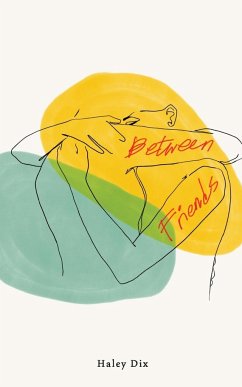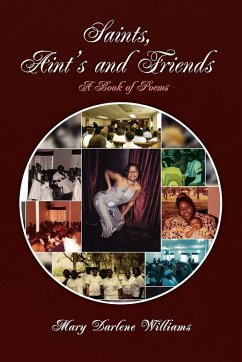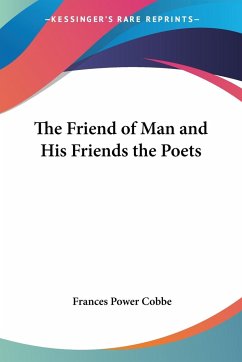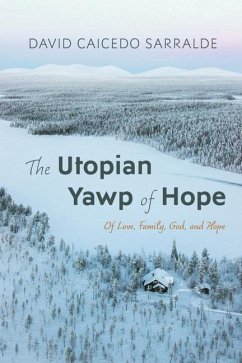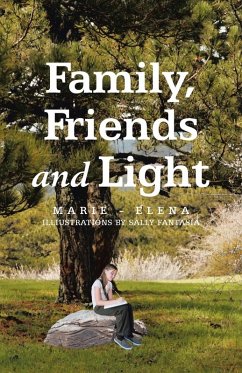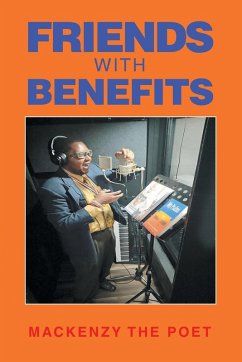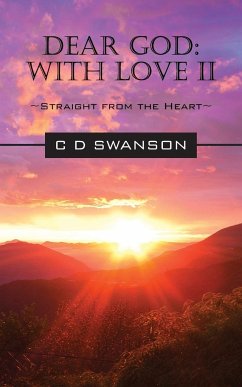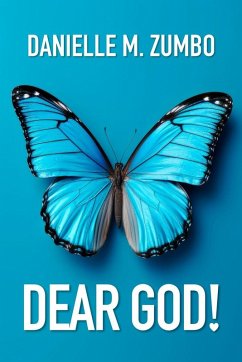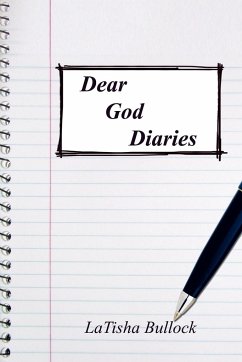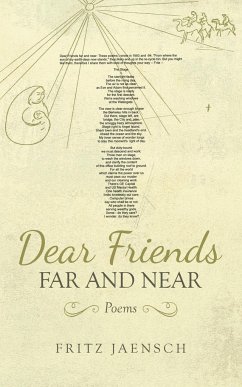
Dear Friends Far and Near
Poems

PAYBACK Punkte
6 °P sammeln!
Like the poets Henry David Thoreau and St. Francis, Fritz Jaensch profoundly believes the natural and spiritual worlds are intertwined. In his first collection of lyrical verse, Jaensch blends details of the small creatures that hide in the woods as they grapple with the meaning and practice of truth in their own world with the complexities that surround Gods world of the spirit. From the hawk, the owl, and the crows perched in the tall trees to Gods chosen vesselhis sonwho has come to Earth to redeem the human soul, Jaensch leads others down a peaceful path where warm sunshine heals pain and ...
Like the poets Henry David Thoreau and St. Francis, Fritz Jaensch profoundly believes the natural and spiritual worlds are intertwined. In his first collection of lyrical verse, Jaensch blends details of the small creatures that hide in the woods as they grapple with the meaning and practice of truth in their own world with the complexities that surround Gods world of the spirit. From the hawk, the owl, and the crows perched in the tall trees to Gods chosen vesselhis sonwho has come to Earth to redeem the human soul, Jaensch leads others down a peaceful path where warm sunshine heals pain and the word of God brings comfort to the sick and weary. In this poignant volume of verse, a poet shares contemplative lyrics grounded in the natural world and infused with spirituality that offer faith, hope, and love to anyone searching for meaning in life. Fritzs poems combine the wonders of the natural world with the amazement of the spiritual world and remind me greatly of the works of Henry David Thoreau Allen Sweet, PhD, adjunct professor of electrical engineering, Santa Clara University, Santa Clara, California





